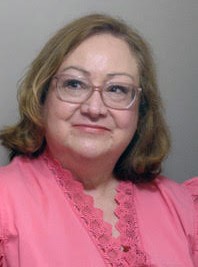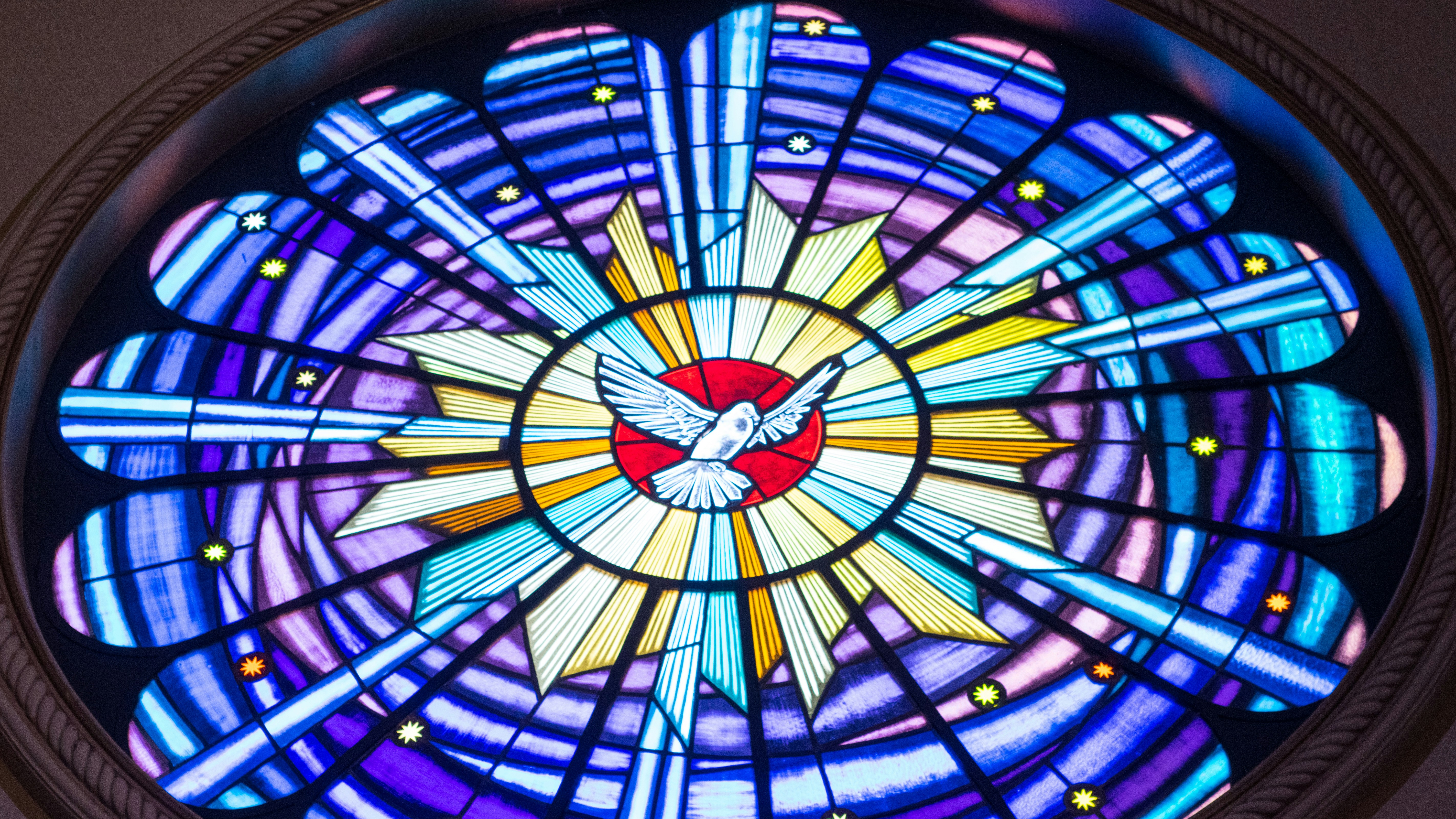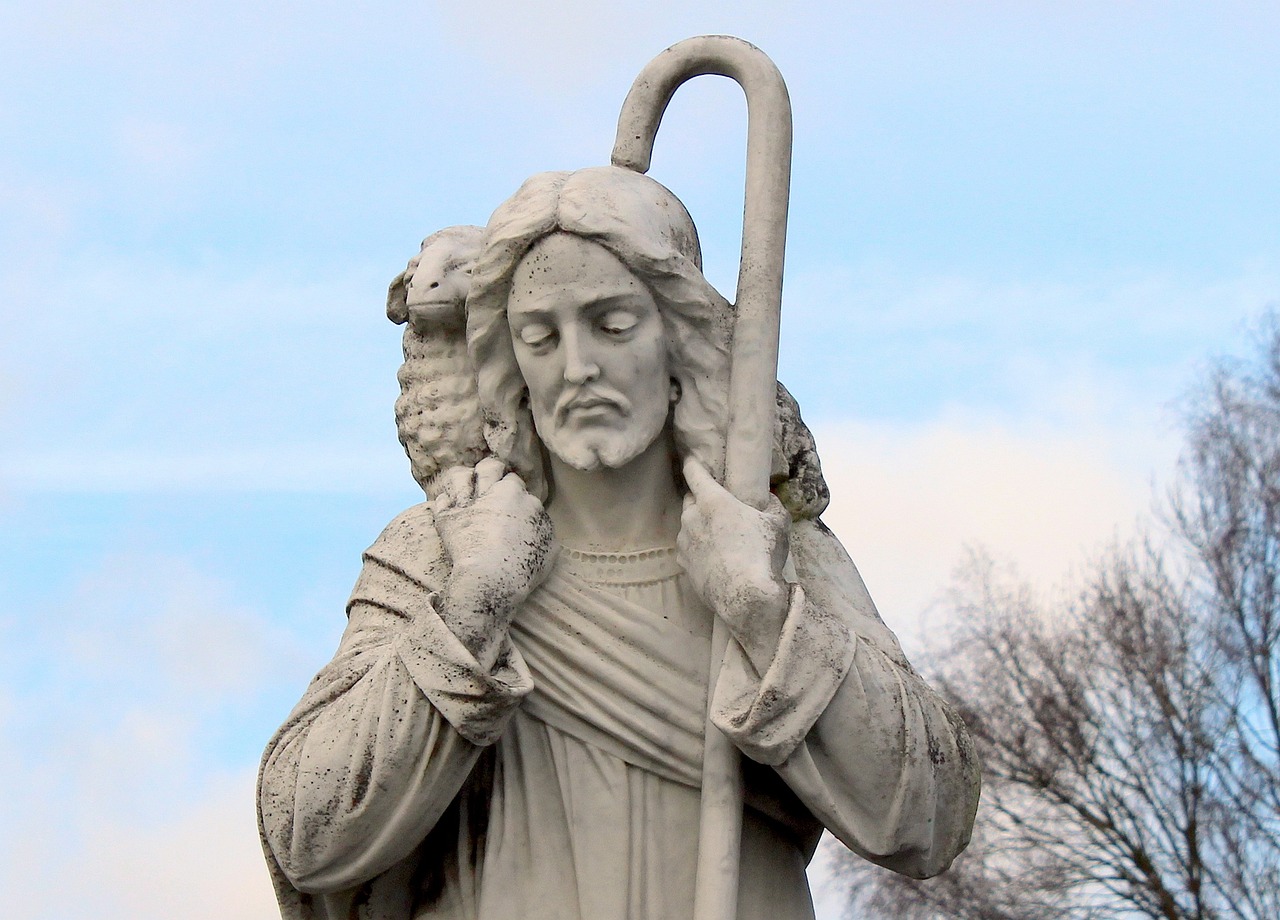The journey of faith takes us down quite a road. As conversion first stirs our hearts, we discover a joy beyond anything we could have imagined before. Through the eyes of faith, the Gospel just makes so much sense; it’s sustained and consistent; it’s the Truth. Coming to know God creates a real buoyancy of spirit that lightens every burden and eases every load. New faith in God brings such happiness, but the journey does not end there; it gets so much better.
As we continue along the path, our faith becomes stronger as it is challenged. Like silver refined in fire, we encounter opposition. In a new way, we encounter the world — we engage those who don’t believe, and we face those who are hostile to those who do believe. Our faith challenges their world view. If what we believe is true, then what they believe cannot be true. Therefore, in the eyes of a defiant world, we must be wrong, misguided, wacko. That criticism could challenge our faith, but today’s Gospel offers comfort.
Strength in the face of the world’s ire comes from the very faith the world seeks to undermine. Alone I cannot stand up to the slings and arrows, but with God I can. “If the world hates you, realize that it hated me first.” As are all things in the spectacular tapestry of God’s design, this persistence in the face of opposition is purposeful.
When we stand firm and joyful in the Truth as the world rages, not only do we grow in faith, but we also awaken something in the world. The response of calm in the wake of chaos is unworldly, and it ignites curiosity in those who encounter it. So often, the rage turns to wonder; kindness in the face of cruelty softens hearts and unclenches fists. The hand once raised against us then finds courage to take our hand offered in friendship and join us on the path of faith.
Not in spite of the gift of faith we have received but rather because of it, we will encounter an angry world. That is to be expected throughout the journey because, as Jesus explains, “they will do all these things to you on account of my name, because they do not know the one who sent me.” We are called to respond to these trials like Christ did. Everything He did helped those around Him get to know the one who sent Him. Step by step, our journey of faith must strive to do the same.
El camino de la fe nos lleva por un camino muy largo. Cuando la conversión conmueve nuestro corazón, descubrimos una alegría que va más allá de todo lo que pudiéramos haber imaginado antes. A través de los ojos de la fe, el Evangelio tiene mucho sentido; es sostenido y consistente; es la Verdad. Llegar a conocer a Dios crea una verdadera alegría de espíritu que aligera y alivia toda carga. Una nueva fe en Dios trae mucha felicidad, pero el camino no termina allí; se hace mucho mejor.
Mientras avanzamos por el camino, nuestra fe se va fortaleciendo a medida que es retada. Como plata refinada en fuego, encontramos oposición. De una manera nueva, nos enfrentamos al mundo: nos relacionamos con aquellos que no creen y nos enfrentamos a aquellos que son hostiles a los que sí creen. Nuestra fe desafía su visión del mundo. Si lo que creemos es verdad, entonces lo que ellos creen no puede ser verdad. Por lo tanto, a los ojos de un mundo desafiante, debemos estar equivocados, desorientados, locos. Esa crítica podría desafiar nuestra fe, pero el Evangelio de hoy ofrece consuelo.
La fuerza frente a la ira del mundo proviene de la misma fe que el mundo intenta socavar. Solo no puedo hacer frente a las hondas y flechas, pero con Dios sí puedo. “Si el mundo los odia, sepan que me ha odiado a mí antes que a ustedes”. Como todas las cosas en el espectacular tapiz del diseño de Dios, esta persistencia frente a la oposición tiene un propósito.
Cuando nos mantenemos firmes y alegres en la Verdad mientras el mundo se enfurece, no solo crecemos en la fe, sino que también despertamos algo en el mundo. La respuesta de calma tras el caos es sobrenatural y enciende la curiosidad en quienes la encuentran. Con mucha frecuencia, la rabia se convierte en asombro; la bondad frente a la crueldad ablanda los corazones y abre los puños. La mano que una vez se levantó contra nosotros luego encuentra el valor para tomar nuestra mano ofrecida en amistad y unirse a nosotros en el camino de la fe.
No a pesar del don de la fe que hemos recibido, sino más bien gracias a él, nos encontraremos con un mundo enojado. Esto es de esperarse durante todo el camino porque, como explica Jesús, “Todo esto se lo van a hacer por mi causa, pues no conocen a aquel que me envió”. Estamos llamados a responder a estas pruebas como lo hizo Cristo. Todo lo que hizo ayudó a quienes lo rodeaban a conocer a Aquel que lo envió. Paso a paso, debemos esforzarnos por hacer lo mismo a lo largo de nuestro camino de fe.
 Pamela Kavanaugh is a grateful wife, mother, and grandmother who has dedicated her professional life to Catholic education. Though she has done her very best to teach her students well in the subjects of language and religion, she knows that she has learned more than she has taught. She lives, teaches, and writes in southwest suburban Chicago.
Pamela Kavanaugh is a grateful wife, mother, and grandmother who has dedicated her professional life to Catholic education. Though she has done her very best to teach her students well in the subjects of language and religion, she knows that she has learned more than she has taught. She lives, teaches, and writes in southwest suburban Chicago.
Feature Image Credit: Jeff Finley, unsplash.com/photos/forest-trees-with-pathway-FfGSxv4lITs
The views and opinions expressed in the Inspiration Daily blog are solely those of the original authors and contributors. These views and opinions do not necessarily represent those of Diocesan, the Diocesan staff, or other contributors to this blog.



 Christine Arata is a San Francisco, California native. She lives a few blocks away from the ocean and a park. She finds nature inspiring. Her cat brings her comfort. She loves being creative not only with her writing but with almost everything, including her home cooking. Her studies in the Catholic faith are ongoing. In 2019, when she discovered St. Hildegard of Bingen was underrepresented by Catholics, she found a purpose. Her latest website, St. Hildegard’s Wisdom features blog posts about all of that:
Christine Arata is a San Francisco, California native. She lives a few blocks away from the ocean and a park. She finds nature inspiring. Her cat brings her comfort. She loves being creative not only with her writing but with almost everything, including her home cooking. Her studies in the Catholic faith are ongoing. In 2019, when she discovered St. Hildegard of Bingen was underrepresented by Catholics, she found a purpose. Her latest website, St. Hildegard’s Wisdom features blog posts about all of that: 
 Deanna G. Bartalini, M.Ed.; M.P.A., is a certified spiritual director, writer, speaker and content creator. The
Deanna G. Bartalini, M.Ed.; M.P.A., is a certified spiritual director, writer, speaker and content creator. The 
 Dr. Alexis Dallara-Marsh is a board-certified neurologist who practices in Bergen County, NJ. She is a wife to her best friend, Akeem, and a mother of four little ones on Earth and two others in heaven above.
Dr. Alexis Dallara-Marsh is a board-certified neurologist who practices in Bergen County, NJ. She is a wife to her best friend, Akeem, and a mother of four little ones on Earth and two others in heaven above.

 Mike Karpus is a regular guy. He grew up in Michigan’s Upper Peninsula, graduated from Michigan State University and works as an editor. He is married to a Catholic school principal, raised two daughters who became Catholic school teachers at points in their careers, and now relishes his two grandchildren, including the older one who is fascinated with learning about his faith. He also has served on a Catholic school board, a pastoral council and a parish stewardship committee. He currently is a lector at Mass, a Knight of Columbus, Adult Faith Formation Committee member and a board member of the local Habitat for Humanity organization. But mostly he’s a regular guy.
Mike Karpus is a regular guy. He grew up in Michigan’s Upper Peninsula, graduated from Michigan State University and works as an editor. He is married to a Catholic school principal, raised two daughters who became Catholic school teachers at points in their careers, and now relishes his two grandchildren, including the older one who is fascinated with learning about his faith. He also has served on a Catholic school board, a pastoral council and a parish stewardship committee. He currently is a lector at Mass, a Knight of Columbus, Adult Faith Formation Committee member and a board member of the local Habitat for Humanity organization. But mostly he’s a regular guy.

 Kate Taliaferro is an Air Force wife and mother. She is blessed to be able to homeschool, bake bread and fold endless piles of laundry. When not planning a school day, writing a blog post or cooking pasta, Kate can be found curled up with a book or working with some kind of fiber craft. Kate blogs at
Kate Taliaferro is an Air Force wife and mother. She is blessed to be able to homeschool, bake bread and fold endless piles of laundry. When not planning a school day, writing a blog post or cooking pasta, Kate can be found curled up with a book or working with some kind of fiber craft. Kate blogs at 


 Lily is a Michigan native and cradle Catholic who has spent most of her life exploring her own reasons to embrace her faith fully. She attended Franciscan University of Steubenville, where she discovered the beauty of her personal relationship with Christ and the Church. After college, she worked in Montessori Education for three years and recently transitioned to nannying. She was recently married and spends most of her time reading, and enjoying her dog and family!
Lily is a Michigan native and cradle Catholic who has spent most of her life exploring her own reasons to embrace her faith fully. She attended Franciscan University of Steubenville, where she discovered the beauty of her personal relationship with Christ and the Church. After college, she worked in Montessori Education for three years and recently transitioned to nannying. She was recently married and spends most of her time reading, and enjoying her dog and family!
 Kathryn Mulderink, MA, is married to Robert, Station Manager for Holy Family Radio. Together they have seven children (including Father Rob), and eleven grandchildren. She is President of the local community of Secular Discalced Carmelites and has published five books and many articles. Over the last 30 years, she has worked as a teacher, headmistress, catechist, Pastoral Associate, and DRE, and as a writer and voice talent for Catholic Radio. Currently, she serves the Church by writing and speaking, and by collaborating with various parishes and to lead others to encounter Christ and engage their faith. Her website is
Kathryn Mulderink, MA, is married to Robert, Station Manager for Holy Family Radio. Together they have seven children (including Father Rob), and eleven grandchildren. She is President of the local community of Secular Discalced Carmelites and has published five books and many articles. Over the last 30 years, she has worked as a teacher, headmistress, catechist, Pastoral Associate, and DRE, and as a writer and voice talent for Catholic Radio. Currently, she serves the Church by writing and speaking, and by collaborating with various parishes and to lead others to encounter Christ and engage their faith. Her website is 